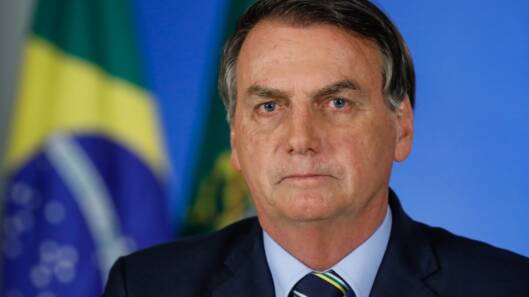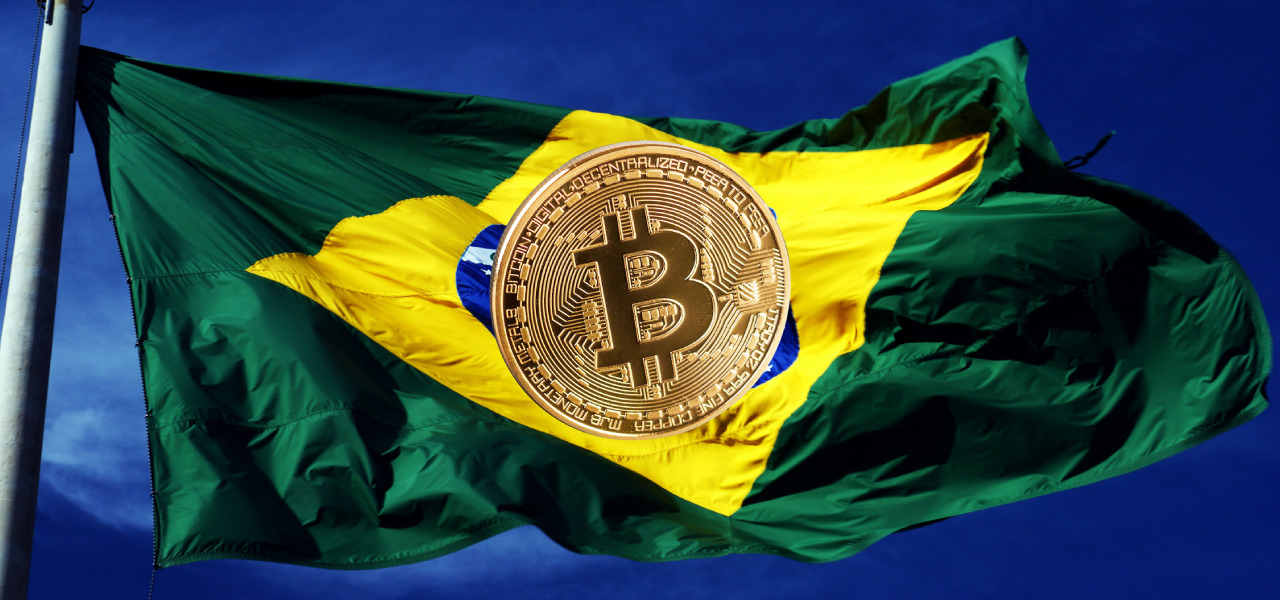According to the federal government’s official journal, Brazilian President Jair Bolsonaro signed a bill into law on Thursday morning that creates a comprehensive regulatory framework for the usage and trading of bitcoin in the nation (DOU).
The legislation passed by Congress was implemented by President Bolsonaro without any changes. As previously reported, the new regulations acknowledge bitcoin as a digital representation of value that can be used in the South American country as a means of payment and as an investment asset.
The bill’s text defines a virtual asset as “a digital representation of value that can be negotiated or transferred electronically and used for payments or as an investment,”



The new law does not declare bitcoin or any other cryptocurrency to be the nation’s official form of payment; rather, it takes effect 180 days after it is signed today. Despite this, the legitimacy given to BTC’s use case as payment is significant and could encourage more activity in the nation. However, how much of it actually occurs depends on the responsible regulator’s actions.
The government entities in charge of regulating the market will be chosen by the executive branch. The Central Bank of Brazil (BCB) is expected to be in charge when using bitcoin as a form of payment, while the Securities and Exchange Commission (CVM) of the nation would be in charge when using it as a kind of investment asset. The federal tax authority (RFB), the BCB, and the CVM all contributed to the development of the overhaul legislation.
The outlook isn’t promising if the BCB is certified as the sector’s watchdog. Although the regulator cannot alter the legal definition of a virtual asset indicated above, there is little reason to think that the BCB will make special efforts to promote the use of bitcoin as payment. The chief reason given by the organization’s president, Roberto Campos Neto, for his lack of enthusiasm for cryptocurrencies as a viable alternative to conventional money is their high level of volatility. More significantly, the BCB is aiming to launch the Real Digital, its own digital currency, which is currently scheduled to go live by 2024.
Also Read: How To Buy CryptoCurrency In Pakistan
However, the rising regulatory certainty provided by the legislation incentivizes companies to dig deeper into the expanding payment mechanism. Regardless of whether the BCB actively endorses bitcoin or not, this could lead to a more widespread use of it as a form of exchange in Brazil.
















